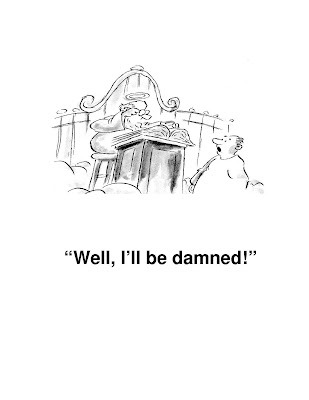I have been an atheist for a long time. And for just about as long, I have had an irrational love of Christian hymns (my favorite is “Amazing Grace”). This started when I first learned the hymns at a summer camp, as we sang them on Sunday mornings in a clearing in the woods, surrounded by beautiful trees, sky, and mountains. I was inspired by the intensity of the words, but even more so by the beauty of the melodies as we all joined our voices in song. And to this day, I still enjoy singing hymns, and amaze the small fraction of my friends who are Christians by singing from memory multiple verses of many favorites. I of course believe virtually none of the concepts in these religious songs, but I still enjoy not only the melodies, but also the spiritual intensity of their sentiments. The same can of course be said for the beautiful, religiously inspired works of Bach, Haydn, etc.
While walking out one evening
Not knowing where to go
Just to pass the time away
Before we gave the show
I met a little salvation band
Singing with all its might
I gave my heart to Jesus
And left the show that night.

